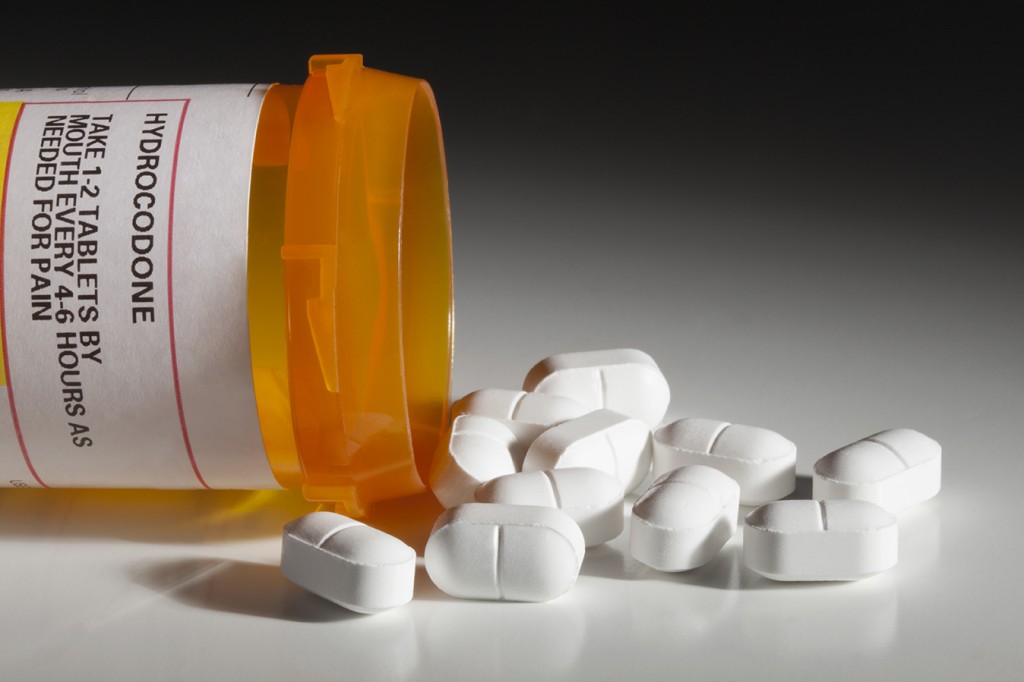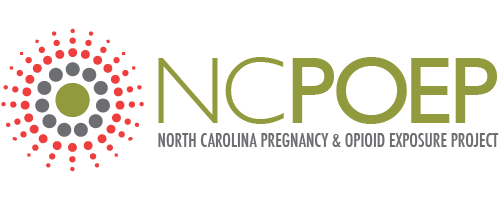 Women should receive counseling about the risk of dependence before having opioids prescribed for them.
Women should receive counseling about the risk of dependence before having opioids prescribed for them.- Non-pregnant women of childbearing age who are opioid dependent need specific counseling about family planning and the implications of opioid dependence for future pregnancies.
- Women who are physically dependent on opioids may or may not have a substance use disorder. They may be obtaining opioids legitimately through a treatment program (methadone or buprenorphine) or by prescription from a physician or dentist who is treating them for pain.
- Women may be obtaining opioids by taking medications that were prescribed for another person or by obtaining them illegally. They may have initially become opioid dependent through prescribed opioids that were taken appropriately and are now obtaining opioids illicitly and/or not using them as prescribed.
- Registering with the NC Controlled Substances Reporting System (CSRS) will allow medical providers to access information on opioids being prescribed to patients.
- Prescribers treating women of childbearing age for pain issues may want to consider non-opioid alternatives for pain management (both pharmacologic and nonpharmacologic).
- The use of a universal standardized verbal screening tool for substance use during pregnancy is an effective approach in identifying substance use disorders. Women are encouraged to disclose any substance use and be treated in a nonjudgmental manner. Tools include the TWEAK, T-ACE and the 4 P’s Plus.[3]
- Urine toxicology screening is a supplemental screening tool for opioid use that should be used only with patient consent and in compliance with state and federal laws.[3]
- Suddenly stopping opioids without medical supervision during pregnancy may increase the risk of pregnancy complications, including fetal demise.[3]
- It is important to develop an individualized treatment plan with the pregnant woman to determine the best plan for mother and baby. All of the following paths require her to work with her health care provider to determine the best path. Some common paths may include:
- Seeking consultation with specialists in this area is encouraged.
- The standard treatment recommendation for pregnant women with opioid use disorder is medication-assisted treatment (MAT) with methadone or buprenorphine. Research has demonstrated better birth outcomes with MAT.[3]
- During pregnancy, women in medication-assisted treatment may need temporary adjustments in the amount they are prescribed, based on the individual, to reduce onset of withdrawal or relapse, due to metabolic changes of pregnancy.[3]
- If a woman becomes pregnant while taking opioids, the fetus will be exposed to opioids through her blood and may experience withdrawal shortly after being born. This is called neonatal abstinence syndrome (NAS).[2]
- NAS is treatable with pharmacological and nonpharmacological approaches.[2],[4],[5]
- Pregnant women who are opioid dependent need education about the possibility of NAS, its management, and the possibility of an extended hospital stay for the infant.[3]
- Infants exposed to methadone or buprenorphine in utero may have NAS onset within 24 to 72 hours. Evidence of withdrawal may be delayed until 5 to 7 days of age or later. An increased length of stay may be necessary for observation of the infant.[2]
- Pregnant women who are obtaining opioids without a prescription or illicitly should be counseled about treatment options available to them.[3]
- Treatment is available for women who are taking opioids illicitly, including heroin abuse and/or prescription drugs. Available resources vary by community. Pregnant women are often considered a priority population for treatment programs, and there are several treatment programs in North Carolina specifically for pregnant women or women with young children.
- A statewide resource line for pregnant women, women of childbearing age, and providers is staffed by the NC Perinatal Substance Use Specialist: 1-800-688-4232
- Health care providers should work with women who are opioid dependent to create an individualized pain management plan for labor and after the baby is born.[3],[5]
- Nubain and Stadol should not be given to a pregnant or laboring woman on opioids.[3]
- After delivery, opioid therapy should not be interrupted; dose adjustment under medical supervision may be needed. Some women may wish to begin tapering off of their opioid treatment, but the postpartum period is a challenging time with an associated risk of relapse for women with a history of addiction.[3],[5]
- Whenever possible, having the newborn “room in” with the mother while in the hospital is encouraged. Benefits include opportunity to initiate breastfeeding, bonding and decreased need for treatment of NAS.[1]
- Breastfeeding is encouraged for women in medication assisted treatment, unless there are medical reasons to avoid it. Reasons to avoid include an HIV infection or specific medication for which breastfeeding is not safe.[2],[3]



